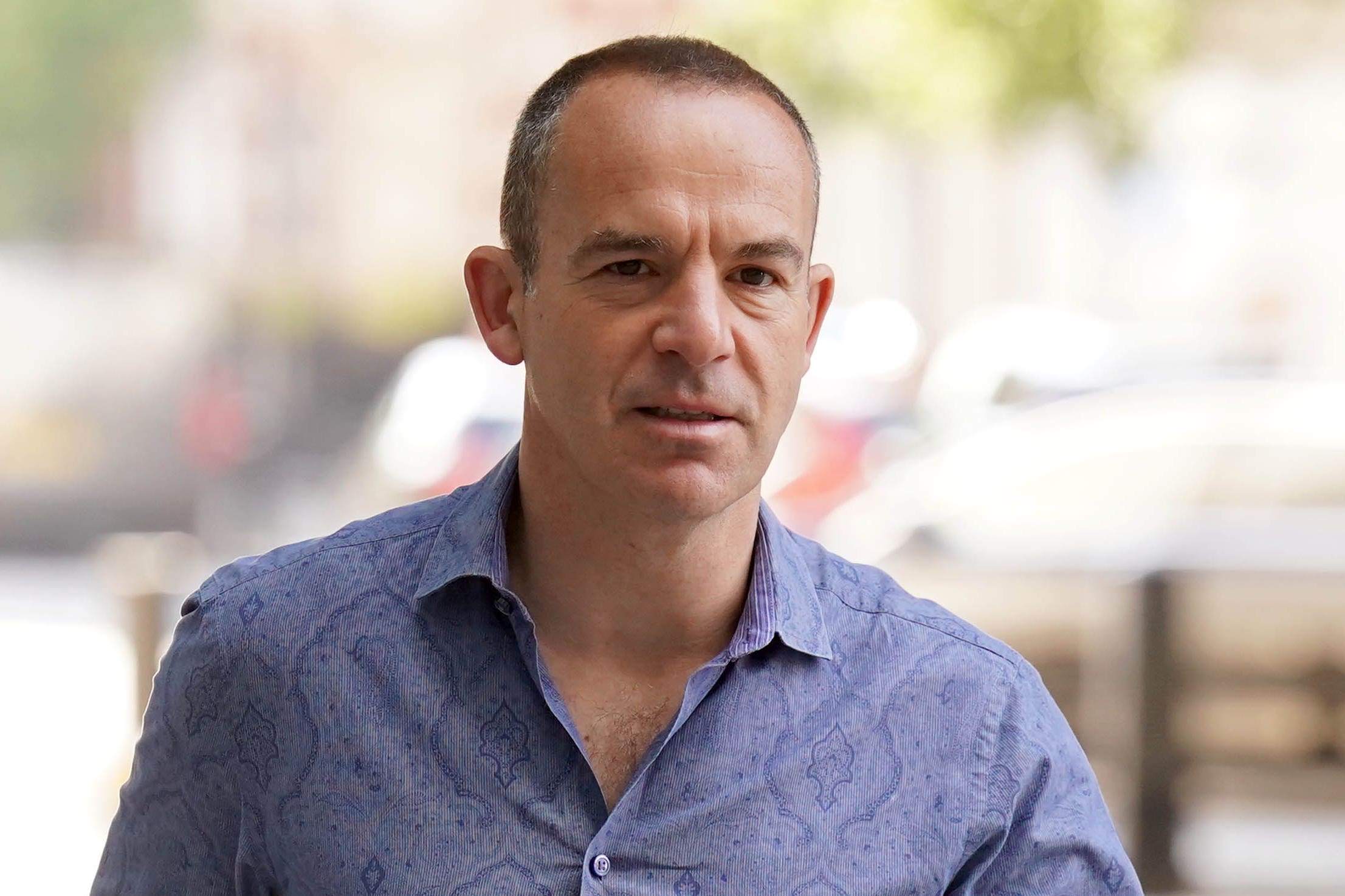Introduction of financial education to national curriculum ‘counterproductive’
Consumer champion Martin Lewis said he was not sure the subject’s inclusion had ‘really changed the game in any way’.

Introducing financial education to the national curriculum in England was “counterproductive” as schools lack the resources to deliver it, MPs have heard.
The amount of resources provided by the Government for teaching the subject in schools had been “completely flaccid” since it became part of the curriculum in 2014, consumer champion Martin Lewis suggested.
Mr Lewis, founder of MoneySavingExpert.com, who had campaigned for financial education to be on the national curriculum, told MPs that he was “not sure it really changed the game in any way”.
I think in many ways, getting it on the curriculum was a pyrrhic victory. In some ways, it was counterproductive
He added: “I still think there is a real poverty of financial education in the UK.”
Mr Lewis told the Commons Education Committee: “I think in many ways, getting it on the curriculum was a pyrrhic victory. In some ways, it was counterproductive.”
The broadcaster said volunteer groups and other people used to fund and provide support to schools to teach financial education, but he said a lot of these resources “were pulled” when it was included in the curriculum.
He also added that free schools and academies in England – which had increased in number over the past decade – did not have to follow the national curriculum.
We need proper textbooks, digital resources. We need teachers to be trained, and we need ongoing teacher training
Mr Lewis told MPs on Tuesday: “The sort of holy grail of trying to get it taught on a compulsory basis in every school, which is what getting it on the curriculum was about, became self-defeating.
“It also meant there were less resources put into place, and frankly the amount of resources the state and government has put in since then have been completely flaccid and to a detrimental level.”
Mr Lewis donated money to provide a financial education textbook for schools because “the state would not”, he said.
He told MPs: “That is a political failing. I could have put bias into this textbook. We need proper textbooks, digital resources. We need teachers to be trained, and we need ongoing teacher training.”
Last month, a survey from the Money and Pensions Service suggested that more than three in four teachers believed most pupils left school without the key financial skills needed.
I want there to be more financial education. I would like for kids to say they had remembered it and had found it useful
An overwhelming majority of teachers in the UK thought children should be taught about money before they started secondary school, according to a poll by the Government-backed body.
Schools minister Damian Hinds, who also gave evidence to MPs on the committee on Tuesday as part of its inquiry into financial education, thanked Mr Lewis for funding the financial education textbook for school pupils.
When asked whether the Government would expand financial education in primary schools to reach younger children, Mr Hinds said: “There is the non-statutory national curriculum content in citizenship, and there is the explicitly financial aspects of mathematics in infant school, as well as in juniors.”
The minister said he was “content” with the maths curriculum but added that there was a “further opportunity” to simplify the process for teachers looking for the best resources for the subject.
Mr Hinds said: “I want there to be more financial education. I would like for kids to say they had remembered it and had found it useful.”
Bookmark popover
Removed from bookmarks